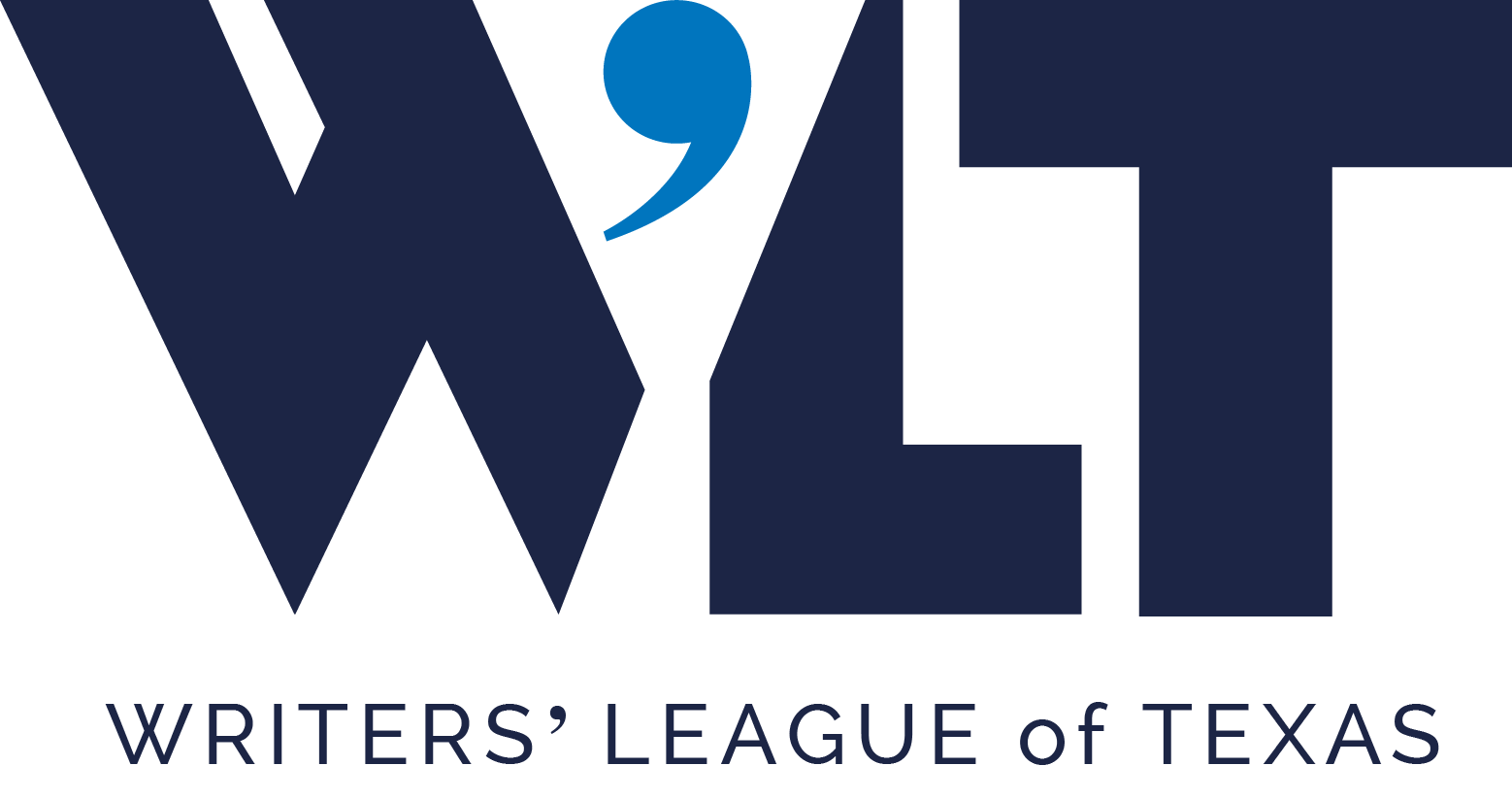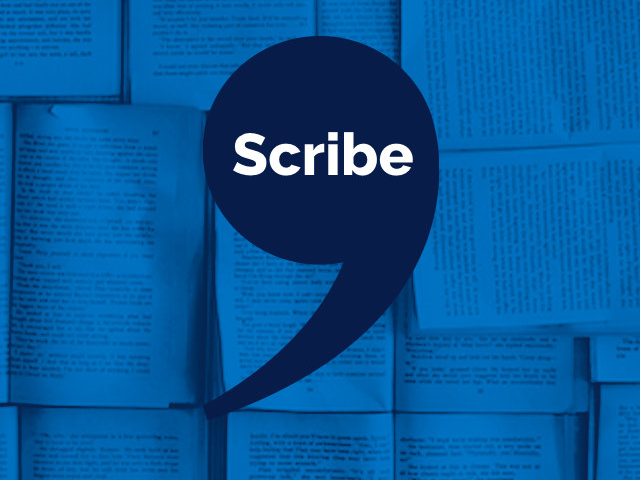Writing About Poetry:
Passion, Process, and Publication
By WLT Intern, A.R. Rogers.
For May’s Third Thursday, The Writers’ League invited four poets to define poetry and the practice of their craft. When we bring authors from the same genre together, often we find a rose called by another name, as the world of poetry is, perhaps, the most eclectic of literary arts. Cristin O’Keefe Aptowicz (The Year of No Mistakes) and Derrick C. Brown (Our Poison Horse) shared ideas from the slam and spoken word traditions. Their lives have been interweaved for nearly two decades since they were both young slam poets, touring the country and sleeping on various couches. They have come a long way since 1996. Aptowicz was the recipient of an NEA, the 2014 Writers’ League of Texas Book Award for Poetry, as well as numerous other awards and residencies; Brown was the winner of the 2013 Writers’ League of Texas Book Award for Poetry, and now runs Write Bloody Publishing.
Sasha West (Failure and I Bury the Body) and Carrie Fountain (Instant Winner) spoke on growing up with poetry in the home and growing up with the absence of poetry respectively, and how each of these environments continue to affect their practice. Though West was surrounded by poetry, it took her well into her adulthood to acknowledge poetry as more than a hobby. Fountain grew up in a blue collar family where poetry was virtually nonexistent.
When asked to define poetry, each poet provided their own unique and insightful answer, but all agreed that poetry involves both the acts of noticing and then distilling something larger from life’s everyday smallness. When prompted to outline their personal writing routines, Fountain spoke of her 5:00 am discipline, which she arrived at by means of necessity as a mother of two small children. West admitted that she doesn’t write every day, and doesn’t know if that will ever be her path. Concerning the actual act of creation, Aptowicz dared to go there: get off of Facebook. While the crowd laughed at this, it’s something we all need to be reminded of. Fountain warned of finding “too much footing” in a poem, and encouraged poets to, instead, teeter on the edge of a poem, while West gave some of the most intriguing advice of the evening, telling us to push every poem as far as we can, and suggested when we think a poem is complete to ask ourselves, “Can you break the poem open?”
Join us at BookPeople for our next Third Thursday on June 18. Our topic will be practicing your pitch with panelists Ellie Scarborough Brett, Tracy Sutton Schorn, and WLT’s own, Becka Oliver.










